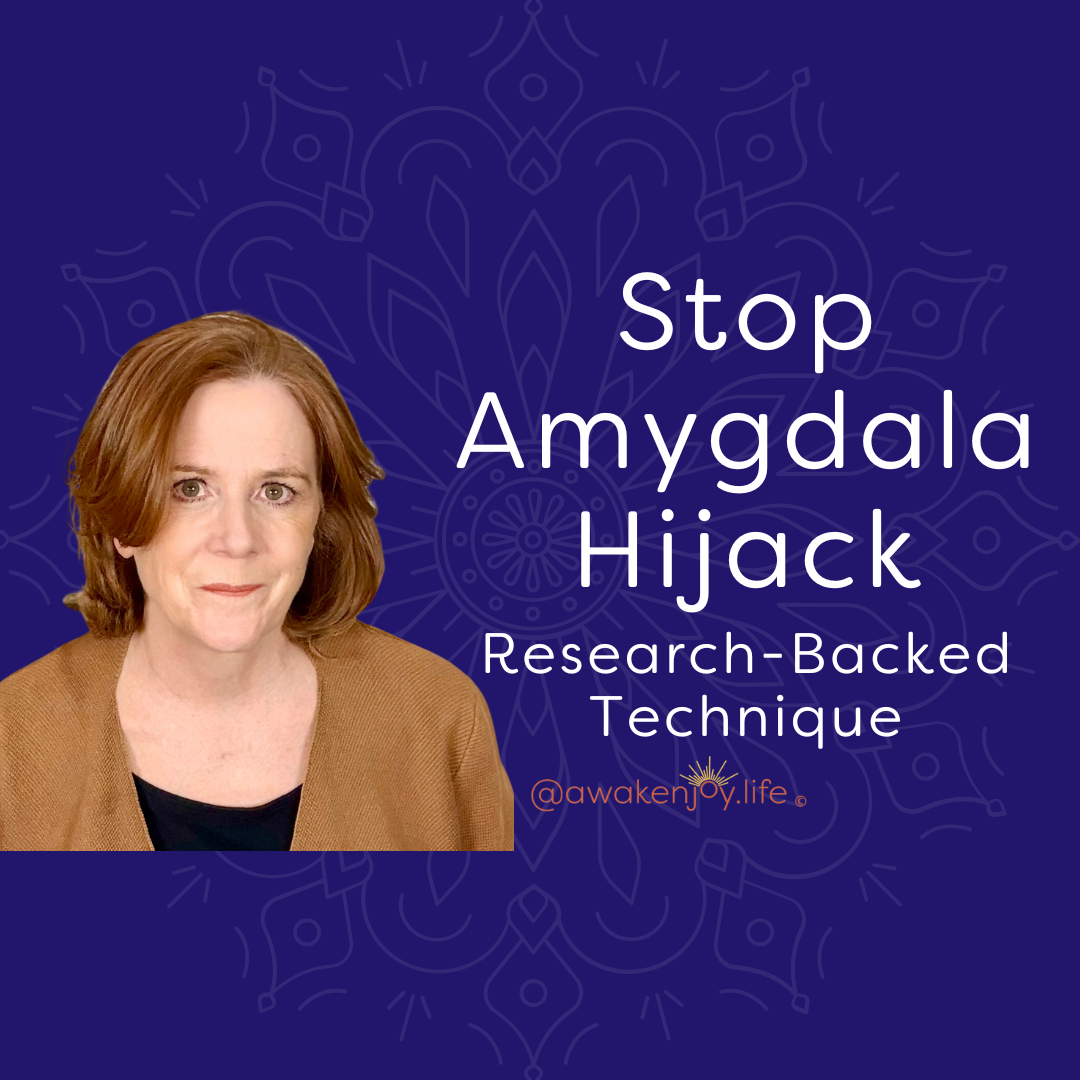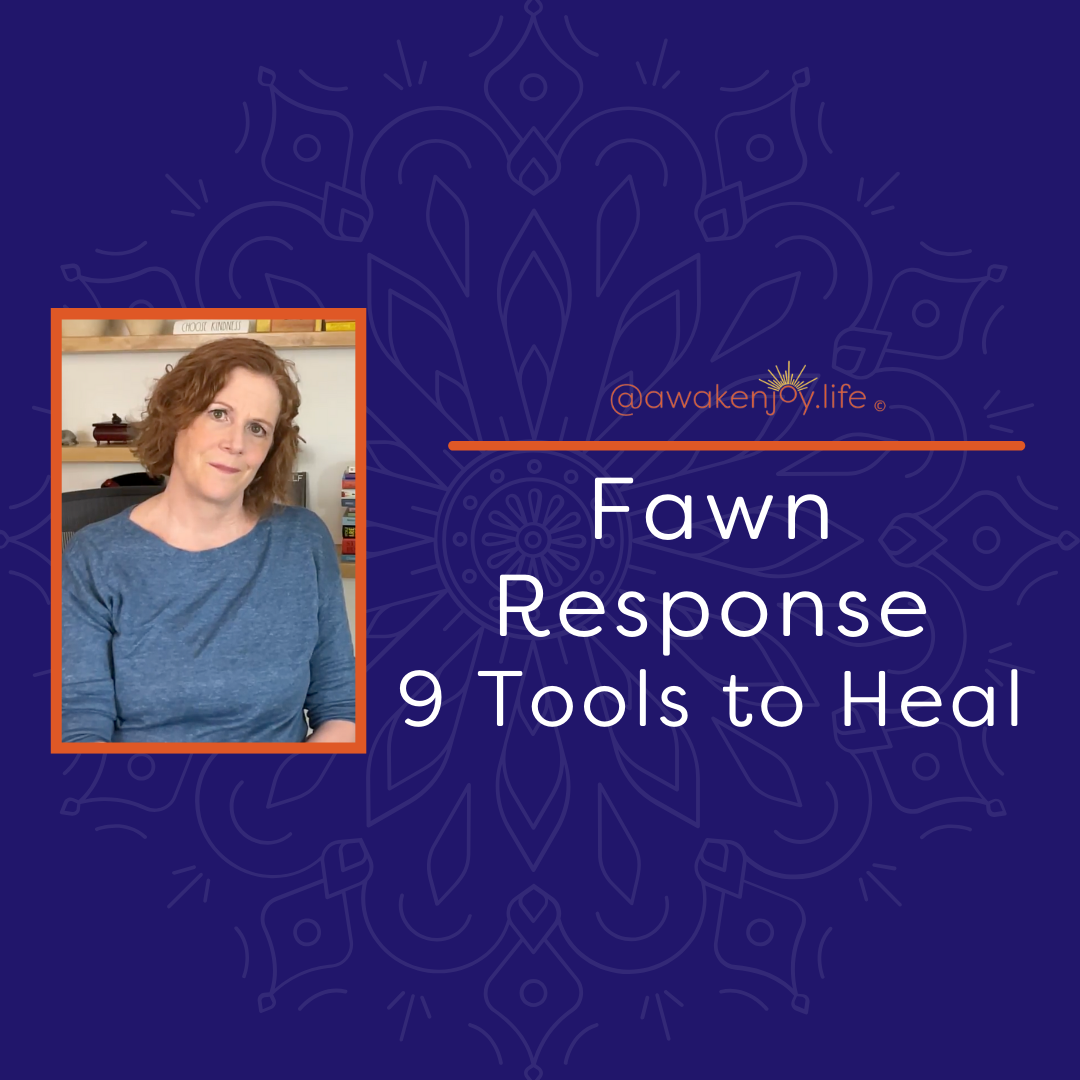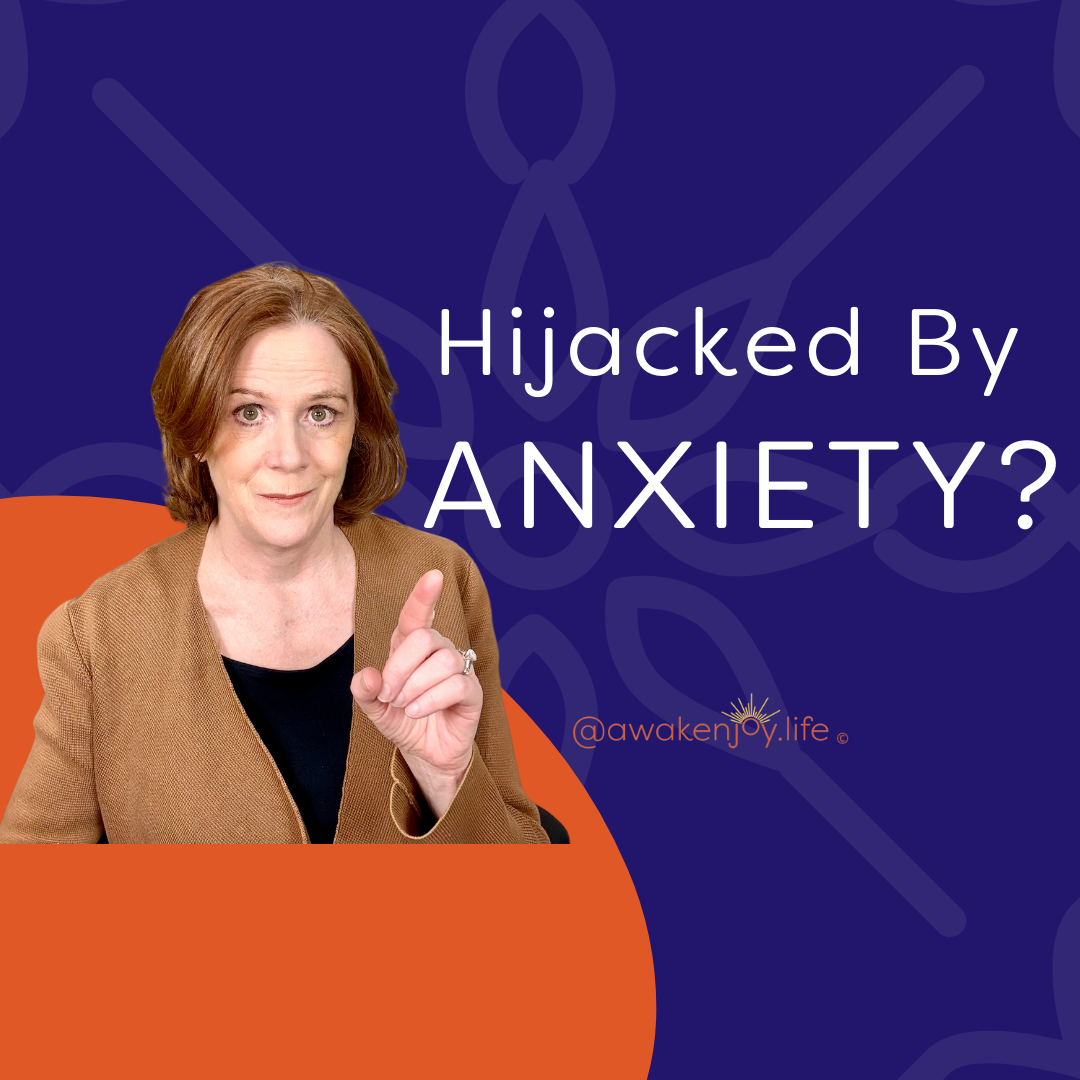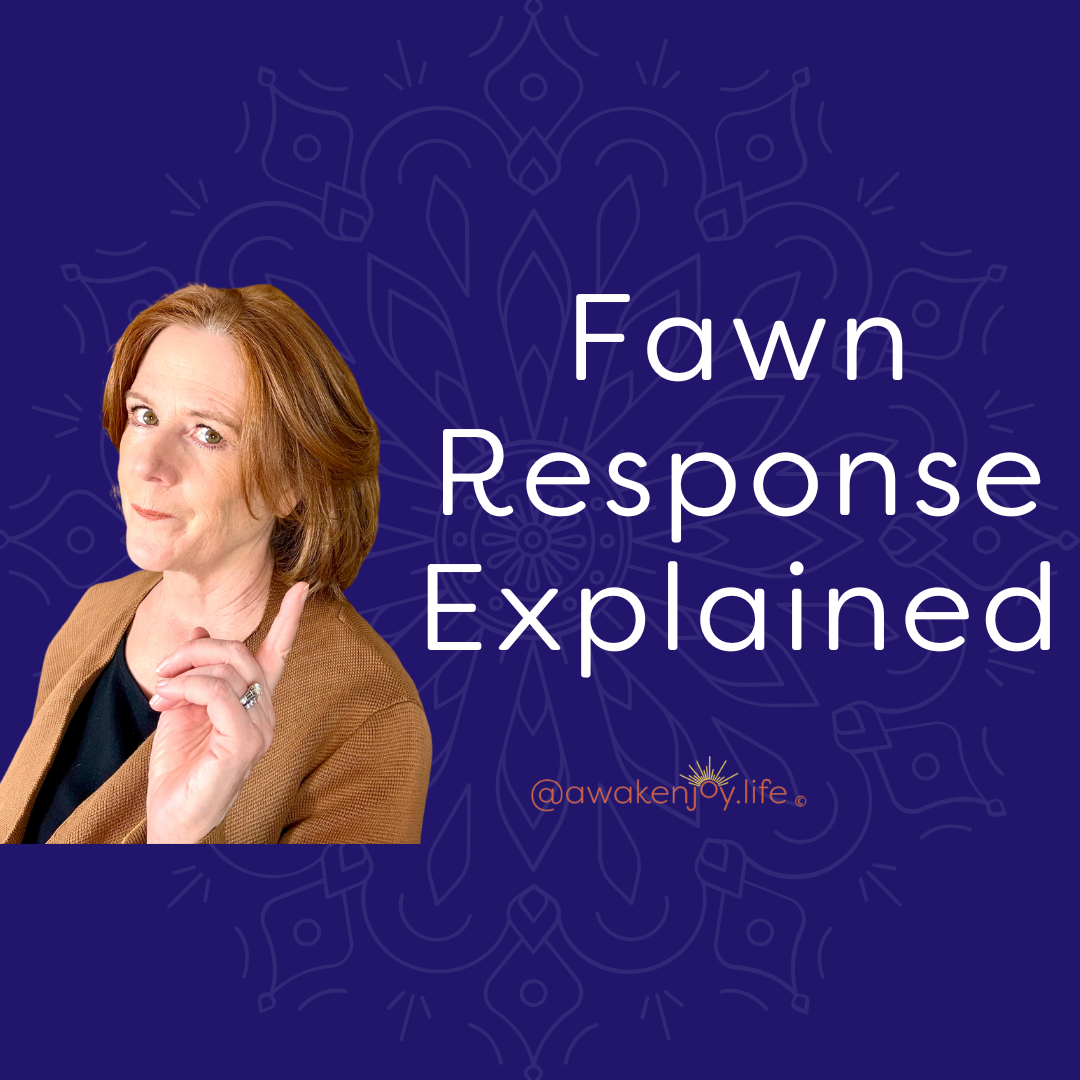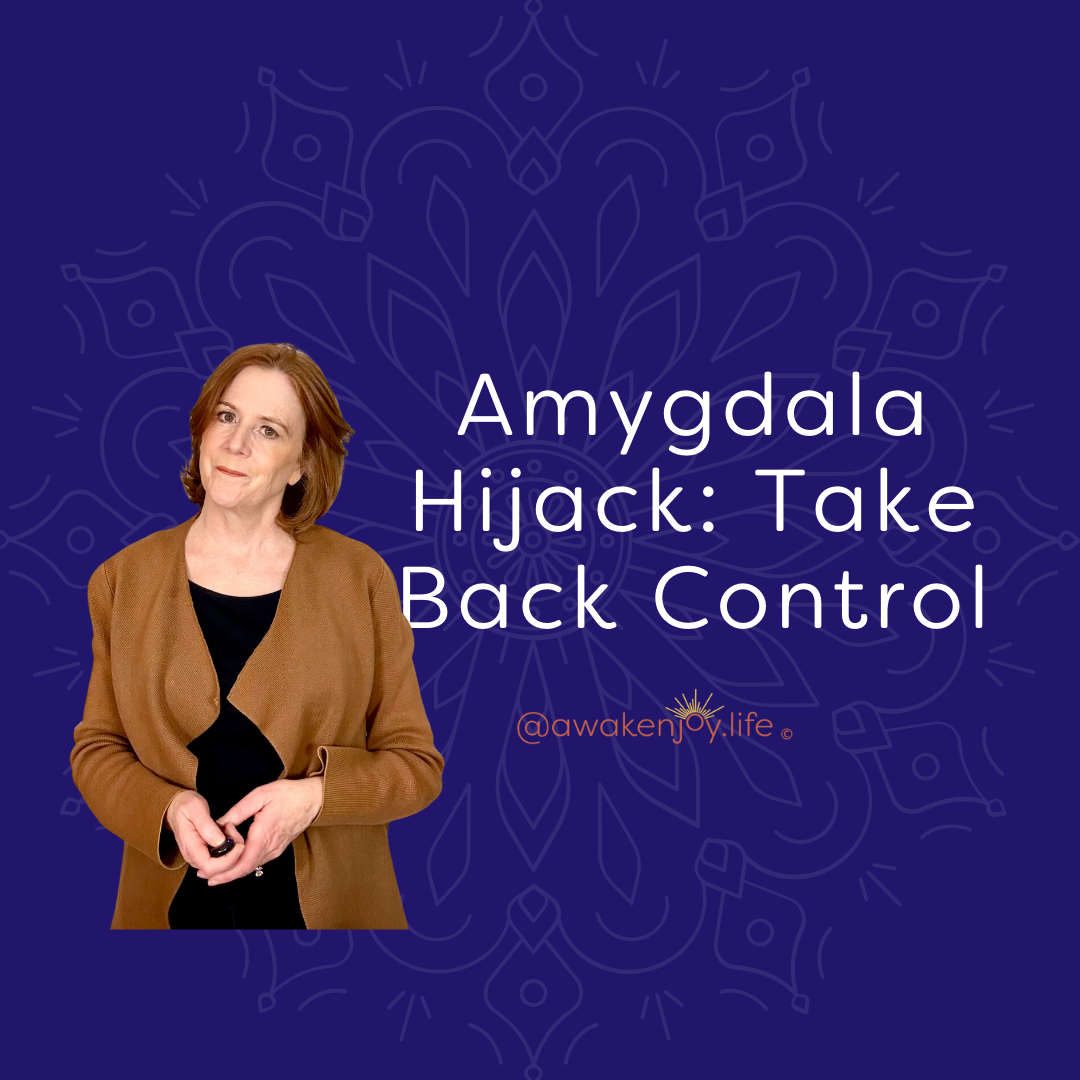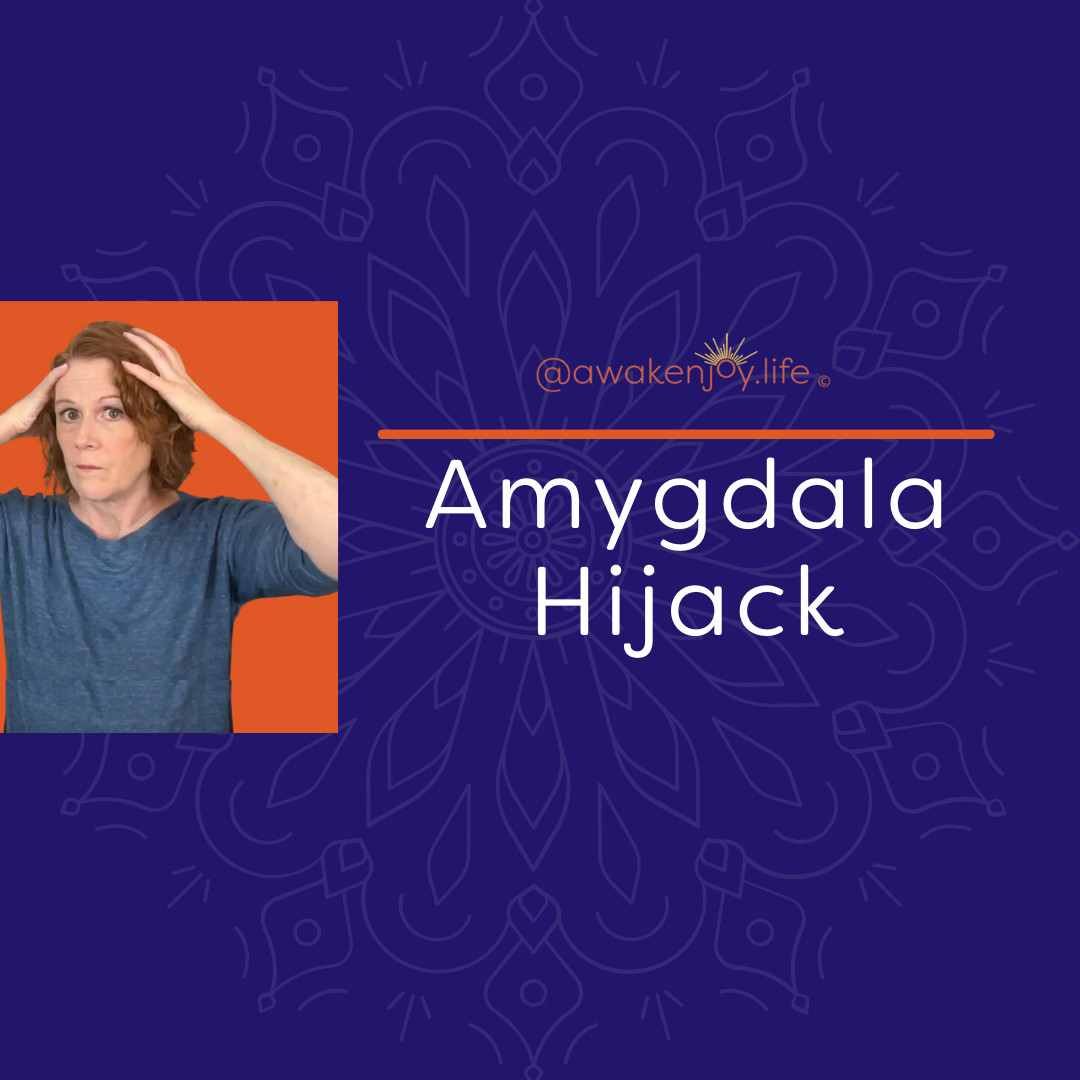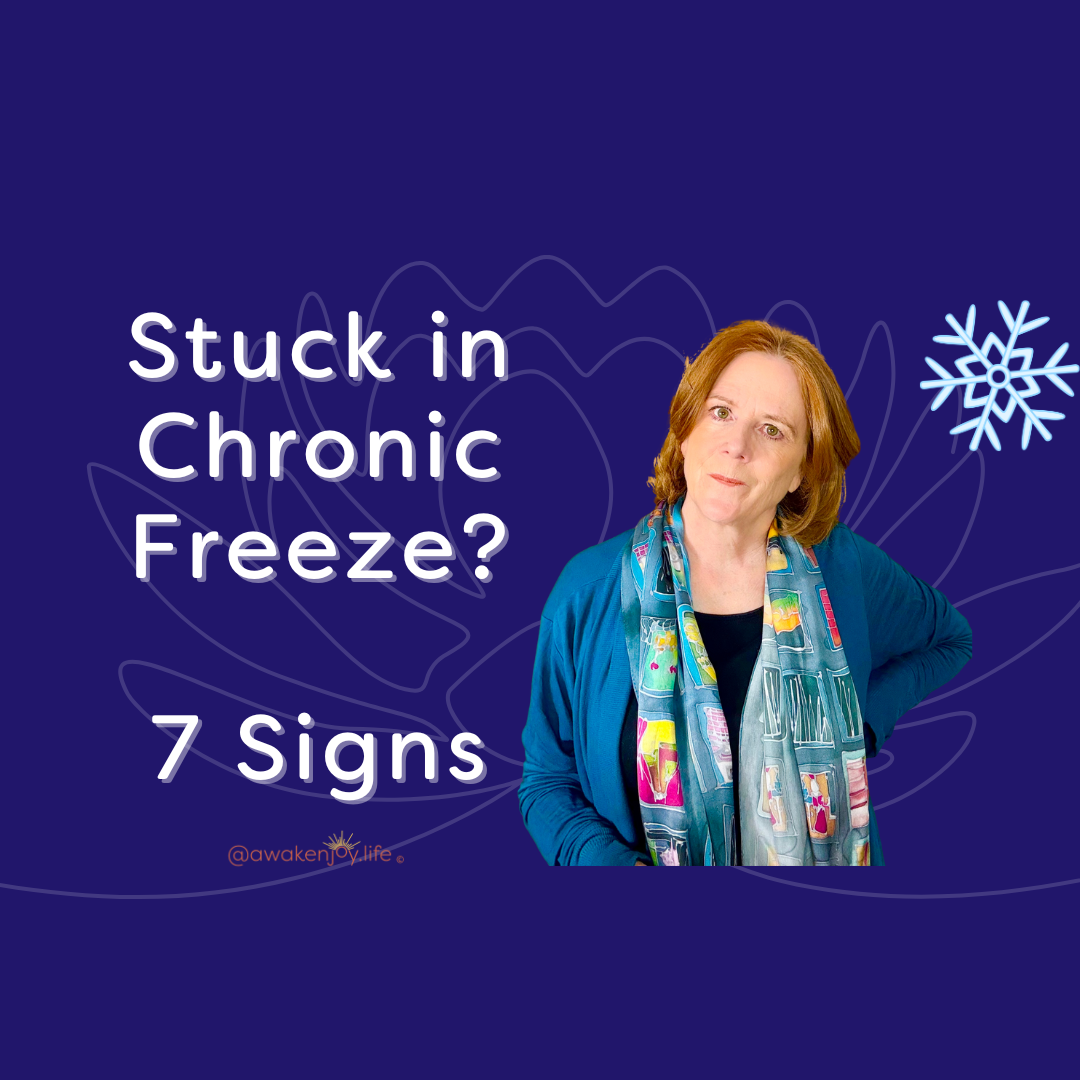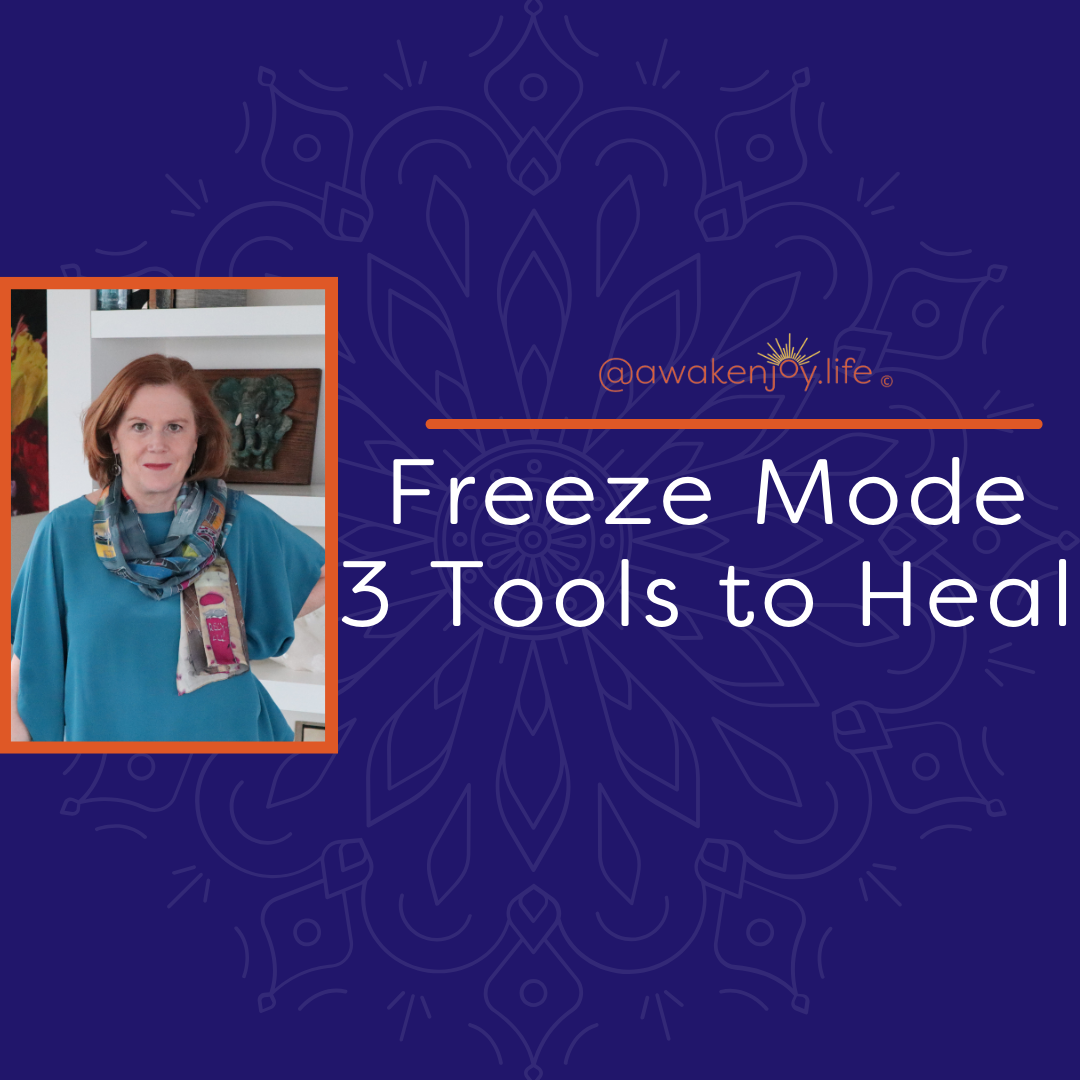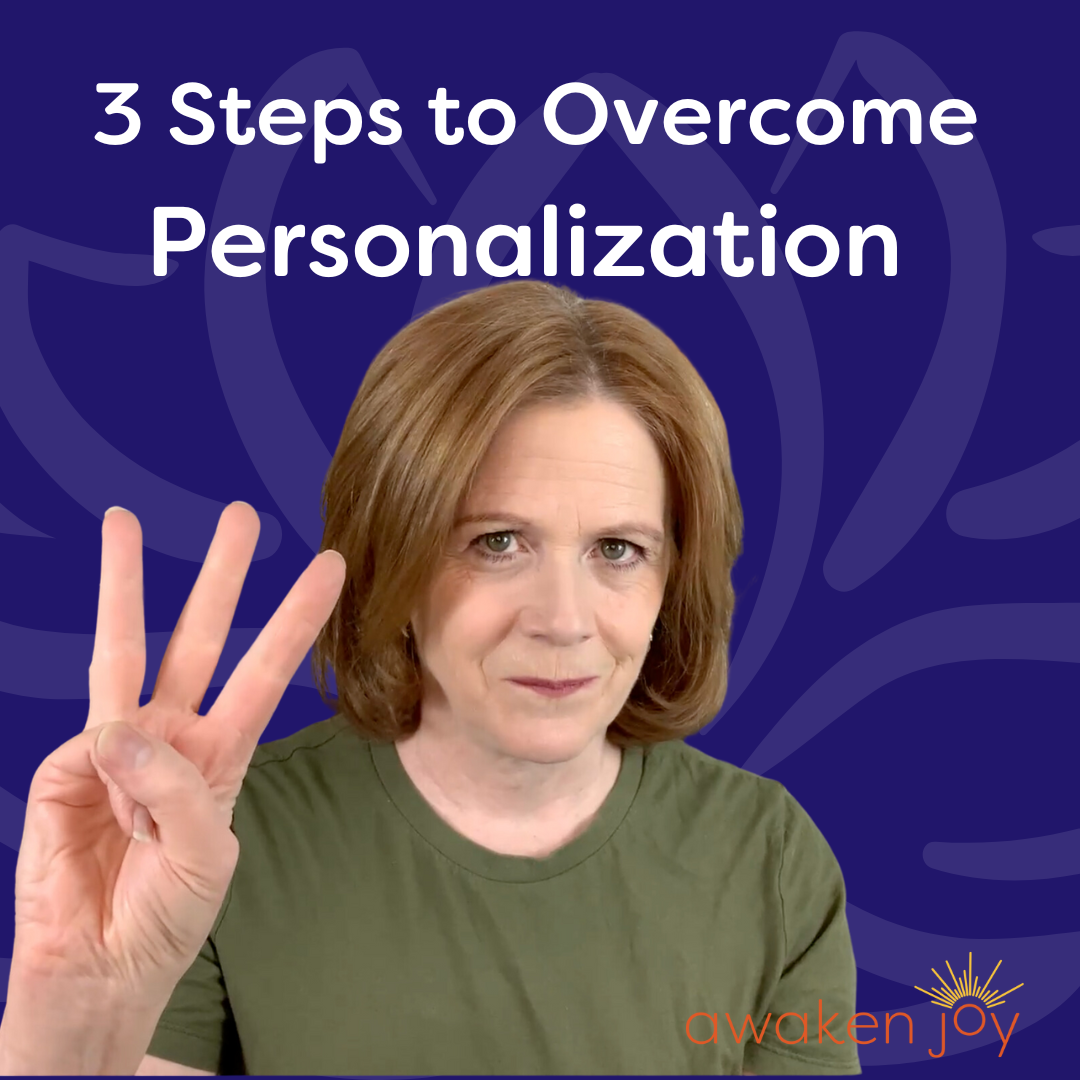Is it My Intuition? Or My Anxiety?

What is Intuition? How Do I Know if My Intuition is Telling Me A Problem Exists... Or Is it Just My Anxiety?
This is a really common question, and I believe that once you read this post in full, you will be well-equipped to tell the difference!
I know that's a big promise, but I'm going to give you a couple of concepts that will really highlight the difference.
Point #1: Anxiety is an Emotion while Intuition is a System of Processing Information
Anxiety is an emotional feeling that has physical feelings that go with it. Common physical symptoms include upset stomach, heart racing, sweating, tension. Anxiety also has a cognitive component: the thoughts about what went wrong or could go wrong, the “what-ifs” and “oh-no’s.”
Intuition is not an emotion. Intuition is a system of processing information.
Now, I think one reason people confuse anxiety with intuition is that they believe intuition equals gut response. They have a sudden “gut response,” a feeling that something is wrong. But this gut response does not automatically equate with intuition.
The gut response might be part of intuition, or it might be part of anxiety…
The way to differentiate is to come back to the concept that intuition is a system of processing information.
Intuition synthesizes our gut response with:
- Patterns we recognize both consciously and sub-consciously
- Our emotional intelligence
- Our self-knowledge
- Our conscious thinking
intuition brings all of that together. It is a complex, almost full body process.
Intuition works best when our whole brain is online, when we have access to our unconscious, subconscious and conscious thinking.
When we are in our fight-flight-freeze mode, it is mainly our amygdala firing, and the amygdala dominates the whole brain when it is triggered. It's not full brain thinking.
Beginning to think about intuition as more of a total process, a system of integrating thoughts and feelings will help you distinguish between your anxiety and your intuition.
Point #2: Recognizing Your Habitual Emotions and Patterns is Key
In general, our emotions can be a useful source of information. When we learn to feel and understand our emotions, rather than simply react to them, we can access a treasure trove of information. This is super helpful in decision making and in navigating life.
But if we have one “go-to” emotion, it is not giving us valid information. I call these habitual emotions. If we have a predominant habitual emotion, (it could be anxiety, depression, anger…) we just "go to" that emotion. All sorts of emotions get turned into that one emotion.
For example, if anxiety is our habitual emotion, and something sad happens to someone we love, we may not even notice the sadness. We immediately jump into anxiety: Should we have done something to prevent the thing that happened? Is there a way we can fix the problem? A way to make the person not sad?
Not only are we unused to feeling and recognizing our sadness, it may be that this is an emotion we are determined to avoid.
Anxiety happily jumps in to help us avoid sadness. The habitual emotion of depression often covers up anger; and a habitual emotion of anger often covers up vulnerability. But our habitual emotions may cover up many, many emotions, and what they cover up can vary by person as well.
So, if you get a gut feeling of anxiety, take a moment to step back and see if there is a pattern here. Is this the type of situation that you get anxious in on a regular basis? Is the feeling really one of avoidance? Avoidance is part of anxiety. If this is part of your pattern of anxiety, then the feeling is anxiety, not intuition.
Or is your gut feeling just telling you to take it slow? Perhaps your gut is reading the body language of the person you are talking to? Our guts can read things that ight not be in our conscious mind, but once we get the signal, we can use our frontal lobe and conscious reasoning to check in with it. Or your gut feeling might be telling you that you aren't interested in something or won't like it despite the "rational" part of your brain that things you should do it. That feeling could be telling you to double check with your true feelings. Because the "rational" choice is not always the best.
Intuition brings in an understanding of the patterns we have experienced and learned about the outer world AND about our inner world.
Point #3: Your Intuition Knows that Risks Exist
Your intuition accepts that:
- Life is complex. Life is uncertain.
- ·We can’t predict the future.
- ·We are powerless over certain things and we often have to make choices that aren’t clear.
Your anxiety wants you to believe that there is one right answer here, only one, and if you make the wrong one, it's disastrous.
If you are having that feeling, it is your anxiety talking.
We want our intuition to be a perfect predictor of the future. But that is actually not what intuition is.
I believe that using our intuition truly helps to guide us. But it is not a crystal ball.
We can be in touch with our intuition and make a decision, and it doesn’t turn out as we hoped.
You can be in touch with all the facts and figures, really think things through, know what you want, check in with your intuition, and then make a decision which later feels like the “wrong” decision.
But hopefully your intuition here tells you that there actually is no such thing as a “wrong” decision! The voice telling you it was “wrong” could be your anxiety, regret or rumination.
Your intuition knows that risks exist!
Point #4: Your Intuition is a Calmer Knowing, and Sometimes it Takes Its Time
Your intuition is not jumping around with all sorts of “what if’s.”
- “What if this person really isn't a safe person?”
- “What if I make the wrong decision and take the wrong job or move to the wrong town or marry the wrong person?
- “What if, what if, what if”
Those “what if’s” are anxiety.
In looking at the most popular google articles and YouTube videos on this topic, so many people are saying that anxiety is fast.
I disagree.
We do have fast thinking and slow thinking, and some of our fast thinking is intuitive. But some of our fast thinking is reactive, instinctual and very based. Our fast thinking is not always accurate.
When I struggle with a decision, and find myself going back and forth on it... sometimes I’ll make the best decision I can in the evening, weighing all the factors. But I'll say to myself, “I'm going to sleep on it and confirm in the morning.”
When I do this, I'll wake up in the morning with a feeling of either “yeah, right decision, going with it” or “hmm, ooh, no, that decision isn’t feeling right.” Once I’ve slept on it, the information has had time to process and my intuition has time to pull it all together.
Relaxation and sleep lets our whole brain work together. It allows our intuition time to synthesize the information.
This is why sometimes when you're dealing with a big problem, the answer might pop into your head in a shower, you might not even be thinking about it. And yes, that can be your intuition. It can feel fast, but you've been thinking about it a long time. You've been gathering information for a long time and you finally let your brain slow down and calm down to the point that it pulls everything together and you just know.
In my YouTube video on this topic, I give a few real life examples. You can watch it
here.
We can develop our intuition to be stronger. We can learn to calm our anxiety so that it doesn't get in the way of our intuition. The online program I have
Roadmap to Joy and Authentic Confidence builds on all the components that come into having solid intuition, including emotional intelligence, deepening your self-knowledge, transforming and healing your negative core beliefs… Those are the things that will help you develop a solid relationship with your intuition. Check it out!
Blog Author: Barbara Heffernan, LCSW, MBA. Barbara is a licensed psychotherapist and specialist in anxiety, trauma, and healthy boundaries. She had a private practice in Connecticut for twenty years before starting her popular YouTube channel designed to help people around the world live a more joyful life. Barbara has a BA from Yale University, an MBA from Columbia University and an MSW from SCSU. More info on Barbara can be found on her bio page.
Share this with someone who can benefit from this blog!
